The House That Holds the Stories of a...
On a quiet slope of northern...
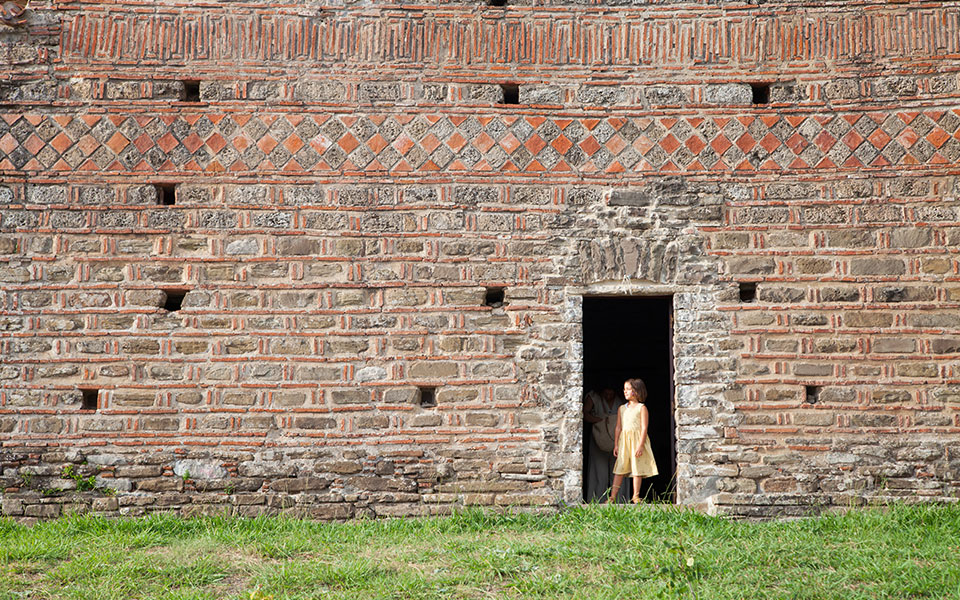
© Olga Charami
Red tiled roofs pop out across a green vista that stretches as far as your eye can see, a landscape of wild mountains, natural springs, babbling streams and beautiful monuments. Vourgareli, 60km from Arta and 800m above sea level, is the seat of the municipality of Central Tzoumerka and a hub that also attracts visitors exploring the wider region, as it’s the most convenient base camp on the southern side of the Tzoumerka range.
Unlike in the other villages of the area, here you’ll find guesthouses, tavernas, cafés, a bakery and a grocery store, all of which are open all year round. However, there is neither a gas station (the nearest one is 7km away) nor a newsstand in the village.
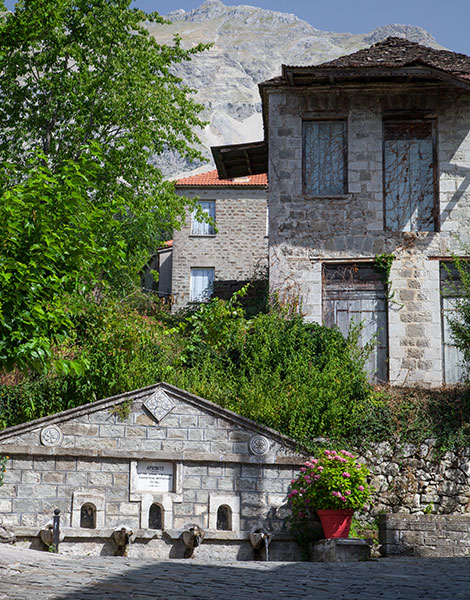
© Olga Charami
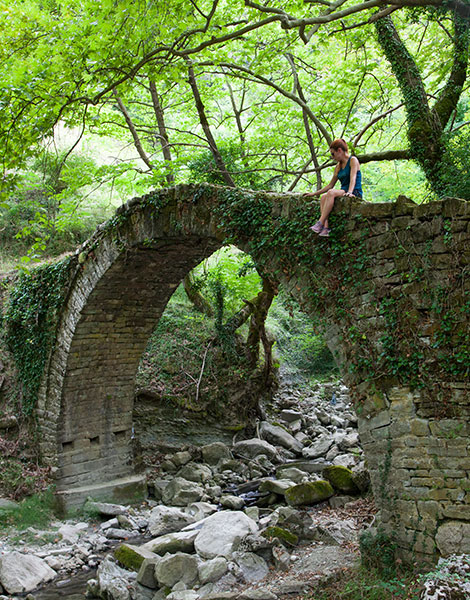
© Olga Charami
There are about 300 permanent residents, but in the summer the population swells to nearly 2,000. During these months, the large square, never completely quiet, roars to life; this incredible spot in the shade of huge plane trees is also where you’ll find the Church of Aghios Nikolaos. On winter days, everyone hangs out at the cafés located on the main street but in the evenings, people slowly head for the square, where Platanos Café and Zmplateia Grill opened this year. Here, as you chat with the locals, you can find out about how the village got its name. Your friendly narrators will stress that Vourgareli is spelled with an “r” and not with an “l”, thus ruling out any etymological connections with Bulgarian landowners or loggers, and instead will bring up someone called Vourgarelis who was once a benefactor here, or the sound “vour, vour” that’s supposedly produced by the ceaselessly flowing waters in the streams, natural pools, springs, and the old stone drinking fountains. These fountains have, in fact, even been given names. Archonto and Krystallo are the most famous ones; you’ll come across them on the village’s main pedestrianized thoroughfares.
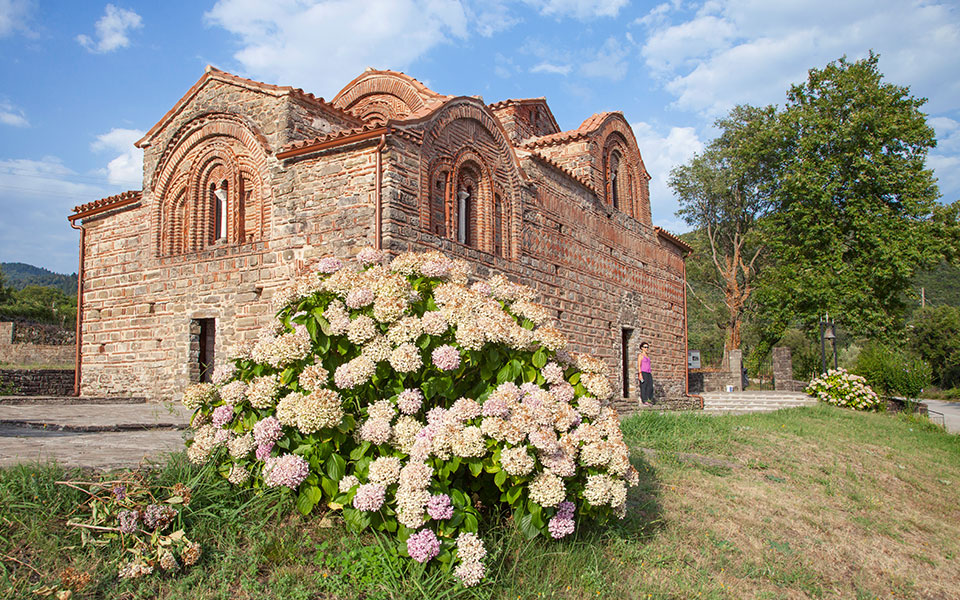
© Olga Charami
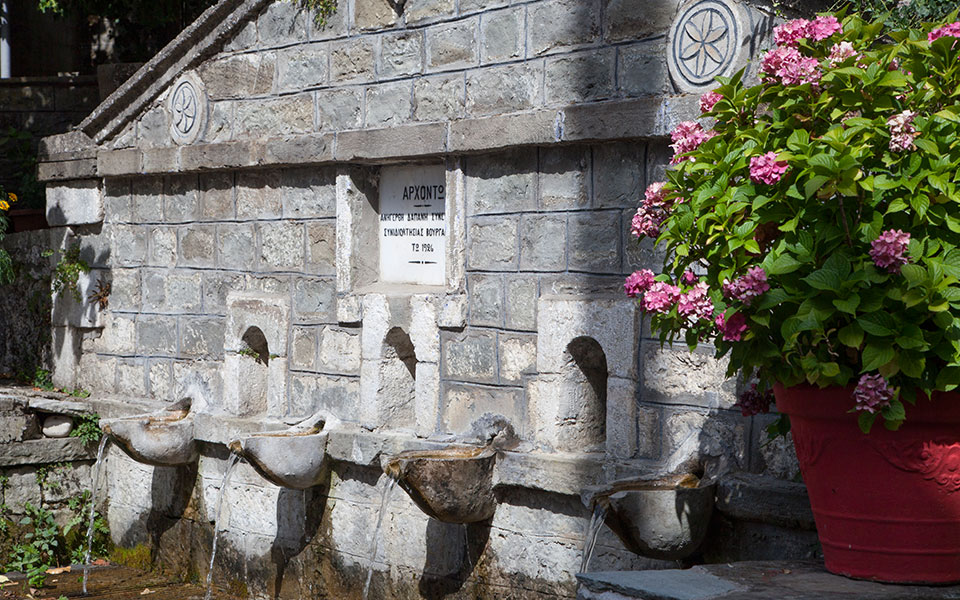
© Olga Charami
Many of the old stone houses no longer exist; they were destroyed either during the occupation of Greece by the Axis Powers or in the Civil War that followed. In truth, this area was at the eye of the storm throughout the two conflicts; the headquarters of one of the wars’ factions, Napoleon Zervas’ National Republican Greek League, was in Vourgareli and not far from here, in the mountains of Trikala, was the headquarters of their enemies, the Greek People’s Liberation Army. The British Military Mission had its headquarters in the neighboring village of Theodoriana and, of course, the Germans were, as you’d expect from an occupying force, everywhere. Today, however, the area is ideal for pleasant walks, including the climb up to the well-preserved Monastery of Aghios Giorgis (“Saint George”), the patron saint of Vourgareli, at the village’s highest point.
The Greek Revolution of 1821 was declared in Tzoumerka by the leaders of Roumeli and Epirus. The site of this declaration, Aghios Giorgis is a wonderful church with a beautiful iconostasis and amazing icons. The most famous religious attraction in the area, however, is the Byzantine Red Church (“Panaghia tis Vella”) on the road to Arta. It’s notable not so much for its color – its name comes from the red ceramics that decorate it – as for its unique architecture. You’ll usually find it open but most of its murals are so faded as to be barely visible. You can also take a wonderful hike along the banks of the stream of Leptokarya to the Neraidogefyro (“the Fairies’ Bridge”) or to the Loutra tou Capetaniou (“the Captain’s Baths”), with its small waterfall and natural pool.
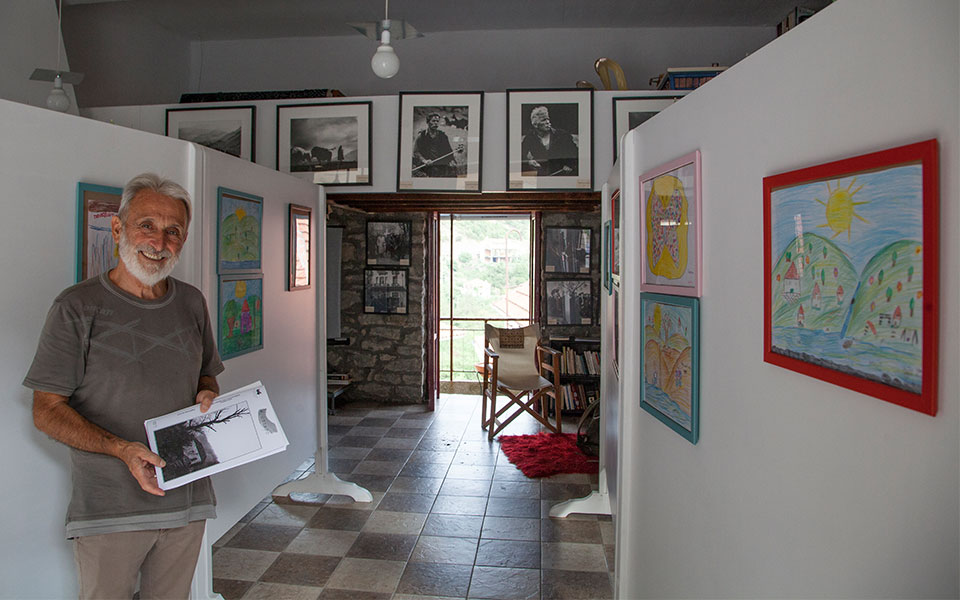
© Olga Charami
On the main road of the village, you’ll find Kyttaro Tehnis Tzoumerkon (“Tzoumerka Art Cell,” Tel. (+30) 6979.912.980), a cultural center hosting a permanent photography exhibition and other temporary shows and events. It’s also the site of the village’s old watermill.
A good place to end your day is at the Tyrologοs family’s new Rouista Resort (Τel. (+30) 26850.222.00, rouista.com), which is just what Vourgareli needed. It’s a guesthouse with an assortment of beautiful rooms, an outdoor gym, a basketball court and some table tennis equipment. The proprietors organize yoga classes and nature activities and run both a café and the restaurant Bostani, where you can enjoy traditional dishes featuring delicious local ingredients.
On a quiet slope of northern...
Stone villages, fireplaces and guesthouses that...
How Metsovo thrives against the odds...
New research reveals that Greece’s most...